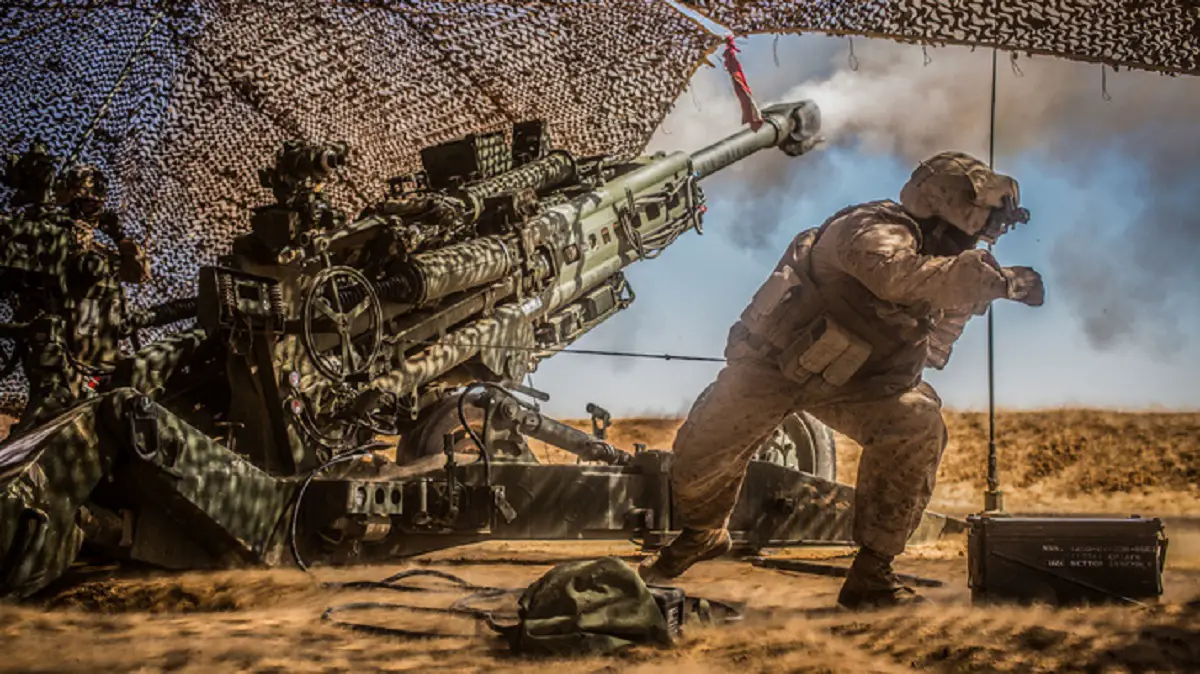The M777 howitzer is a towed 155 mm artillery piece. It succeeded the M198 howitzer in the United States Marine Corps and United States Army in 2005 as their next generation Medium Force weapon. To date, the M777 howitzer has been selected by U.S., Canadian, Australian, India and Saudi Arabia forces, with total orders currently exceeding 1,100. It made its combat debut in the War in Afghanistan. The M777 is manufactured by BAE Systems’ Global Combat Systems division. Prime contract management is based in Barrow-in-Furness in the United Kingdom as well as manufacture and assembly of the titanium structures and associated recoil components. Final integration and testing of the weapon is undertaken at BAE’s facility in Hattiesburg, Mississippi.

With a weight of 4,200 kg (9,300 lb), the M777 Lightweight Towed Howitzer is 41% lighter than the 7,154 kg (15,772 lb) M198 howitzer it replaces. Much of the weight reduction is due to the extensive use of titanium. The M777 can be transported by helicopter sling-load, transporter aircraft such as the C-130, or towed by air-braked vehicles weighing over 2.5 tonnes (2.8 short tons), such as the FMTV and MTVR. The minimal gun crew required is five, compared to a previous nine.

The M777 uses a digital fire-control system similar to that found on self-propelled howitzers such as the M109A6 Paladin to provide navigation, pointing and self-location, allowing it to be put into action quickly. The Canadian M777 in conjunction with the traditional “glass and iron sights/mounts” also uses a digital fire control system called the Digital Gun Management System (DGMS) produced by Leonardo MW with components of the Indirect Fire Control Software Suite (IFCSS) built by the Firepower team in the Canadian Army Land Software Engineering Centre.[14] The Leonardo MW portion of the system, known as LINAPS, had been proven previously through earlier fielding on the British Army Royal Artillery’s L118 Light Gun.

The Digital Fire Control System will be powered by a unique new design of rotary hybrid-electric engine designed and manufactured by Liquid Piston. The M777 may be combined with the M982 Excalibur GPS-guided munition, which allows accurate fire at a range of up to 40 km (25 mi). This almost doubles the area covered by a single battery to about 1,250 km2 (480 sq mi). Testing at the Yuma Proving Ground by the US Army placed 13 of 14 Excalibur rounds, fired from up to 24 kilometres (15 mi), within 10 m (33 ft) of their target, suggesting a circular error probable of 5 m (16 ft).















